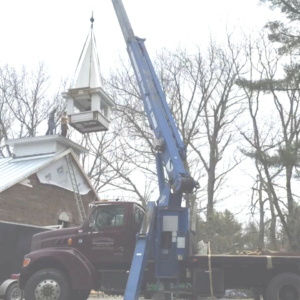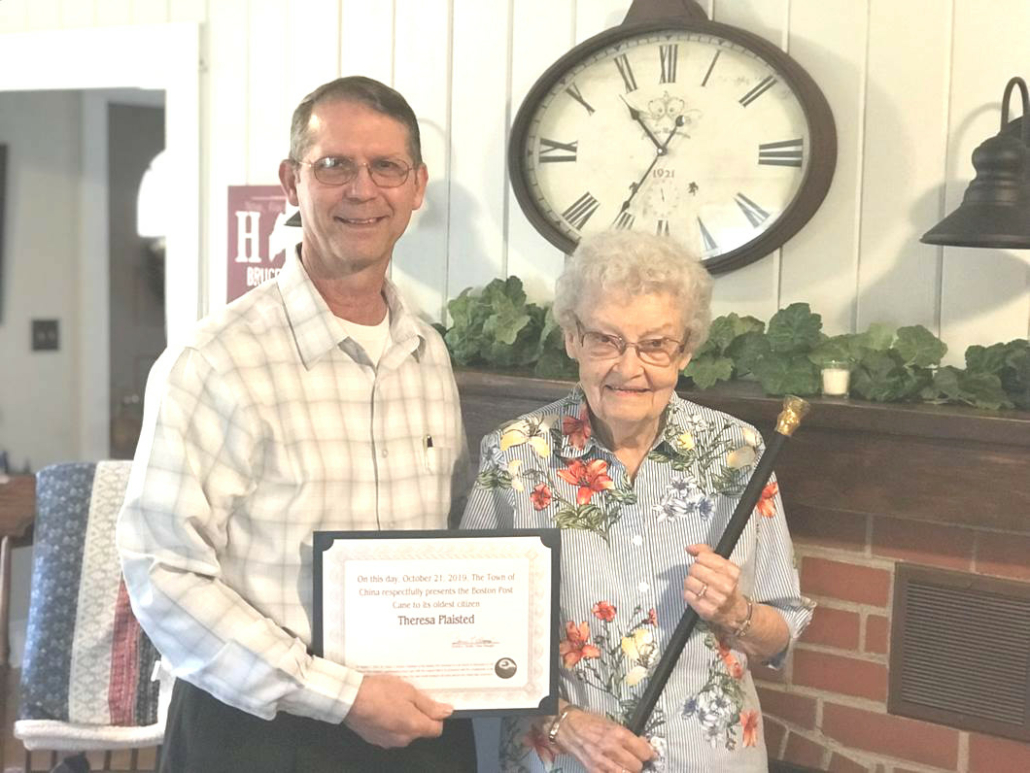November is national caregivers month
 by Dr. Erica Magnus
by Dr. Erica Magnus
AARP Maine Communications Volunteer
While November 11 is widely recognized as Veterans Day, many people may not know that the entire month of November is both National Veterans and National Family Caregivers Month. Both of my parents were veterans. My father served in the Army in World War II and my mother later on served in the US Coast Guard. I encourage everyone to honor and pay respect to those who served our country in uniform and the caregivers supporting our valiant veterans.
There are 5.5 million military and veteran caregivers in the U.S. providing care to approximately 15 million veterans. These hidden heroes support their veteran loved ones with their daily needs—ranging from bathing and dressing to paying bills and transportation and assisting with medical tasks, providing an estimated $14 billion annually in unpaid care.
Numerous organizations have dedicated time and resources to address the challenges veterans face today, including their care needs.
AARP supports our veterans and their family caregivers through both the RAISE Family Caregivers Act and a partnership with the Elizabeth Dole Foundation to create a Military Caregiving Guide. I encourage everyone to visit AARP.org/Veterans to learn more about how AARP is working for veterans. Here in Maine, AARP pushed for November to be designated as Maine Family Caregivers Month – a perfect opportunity to celebrate our veterans and the unsung heroes who care for them right here at home.


 On Saturday, December 7, the city of Waterville will once again embrace the holiday spirit with the third annual “Joy to the Ville” event – an all-day community celebration meant to highlight the magic of the holiday season on the Kennebec River.
On Saturday, December 7, the city of Waterville will once again embrace the holiday spirit with the third annual “Joy to the Ville” event – an all-day community celebration meant to highlight the magic of the holiday season on the Kennebec River.  You can help assure that all families in China will enjoy a Happy Thanksgiving. This coming weekend, November 21 – 22, Thanksgiving dinner boxes will be passed out. Drop off your extra turkey on the pantry’s front porch at 1320 Lakeview Drive.
You can help assure that all families in China will enjoy a Happy Thanksgiving. This coming weekend, November 21 – 22, Thanksgiving dinner boxes will be passed out. Drop off your extra turkey on the pantry’s front porch at 1320 Lakeview Drive.












